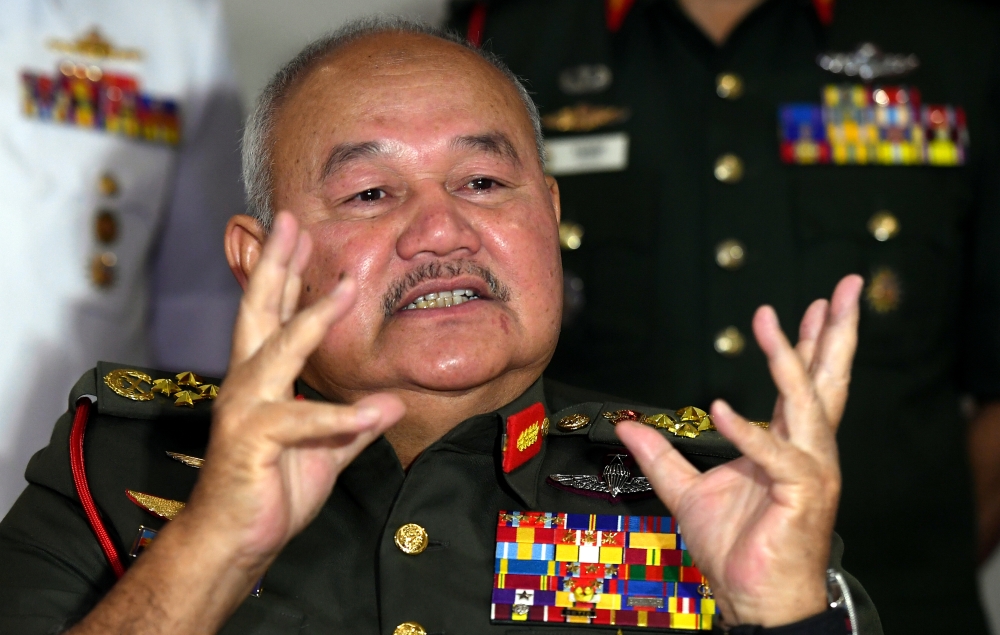KUALA LUMPUR, Feb 27 — Peace talks between the Thai government and the largest group of Thai-Malay Muslim rebels calling itself Barisan Revolusi Nasional appear to be making progress with the Malaysian government’s help.
Talks between the two sides, that had stalled for the last two years since the Covid-19 pandemic, resumed earlier this month. A Thai observer familiar with the situation has expressed optimism that a deal brokered by Malaysia could be reached under the leadership of Prime Minister Datuk Seri Anwar Ibrahim, the Straits Times reported today.
Prince of Songkla University’s Institute for Peace Studies Rungrawee Chalermsripinyorat expressed her optimism that the two sides were moving closer to reaching a peace deal that could stabilise the southern Thai region that borders the northern Malaysian peninsula.
“There is a general positive view on the peace talks in southern Thailand following Anwar’s visit.
“Given his international outlook, it is hoped that Kuala Lumpur might be more open towards the engagement of other third parties into the process, particularly the international actors,” Rungrawee told the Singapore newspaper.
The involvement of other third parties could increase the odds of success, she added.
She told the Straits Times that armed conflicts in other places have shown that more than one facilitator was required for fruitful peace processes.
“Political stability in Malaysia, therefore, could have a significant bearing on the peace process in southern Thailand,” she was quoted as saying.
National news agency Bernama reported a sixth round of peace talks between the Thai government and the Thai insurgents had been held over two days here last week with Anwar appointing a new Malaysian facilitator.

Former chief of defence force Tan Sri Zulkifli Zainal Abidin replaced former inspector-general of police Tan Sri Rahim Noor as the Malaysian facilitator.
Rahim had played a key role in negotiating a three-way peace deal involving Malaysia, Thailand and the Communist Party of Malaya that ended a decades-long communist insurgency with the signing of the Hat Yai Accords in 1989.
The current armed conflict in southern Thailand mostly around Narathiwat, Yala, Pattani and parts of Songkhla began in January 1994 with the Malay Muslim forces seeking to establish an autonomous state.



















